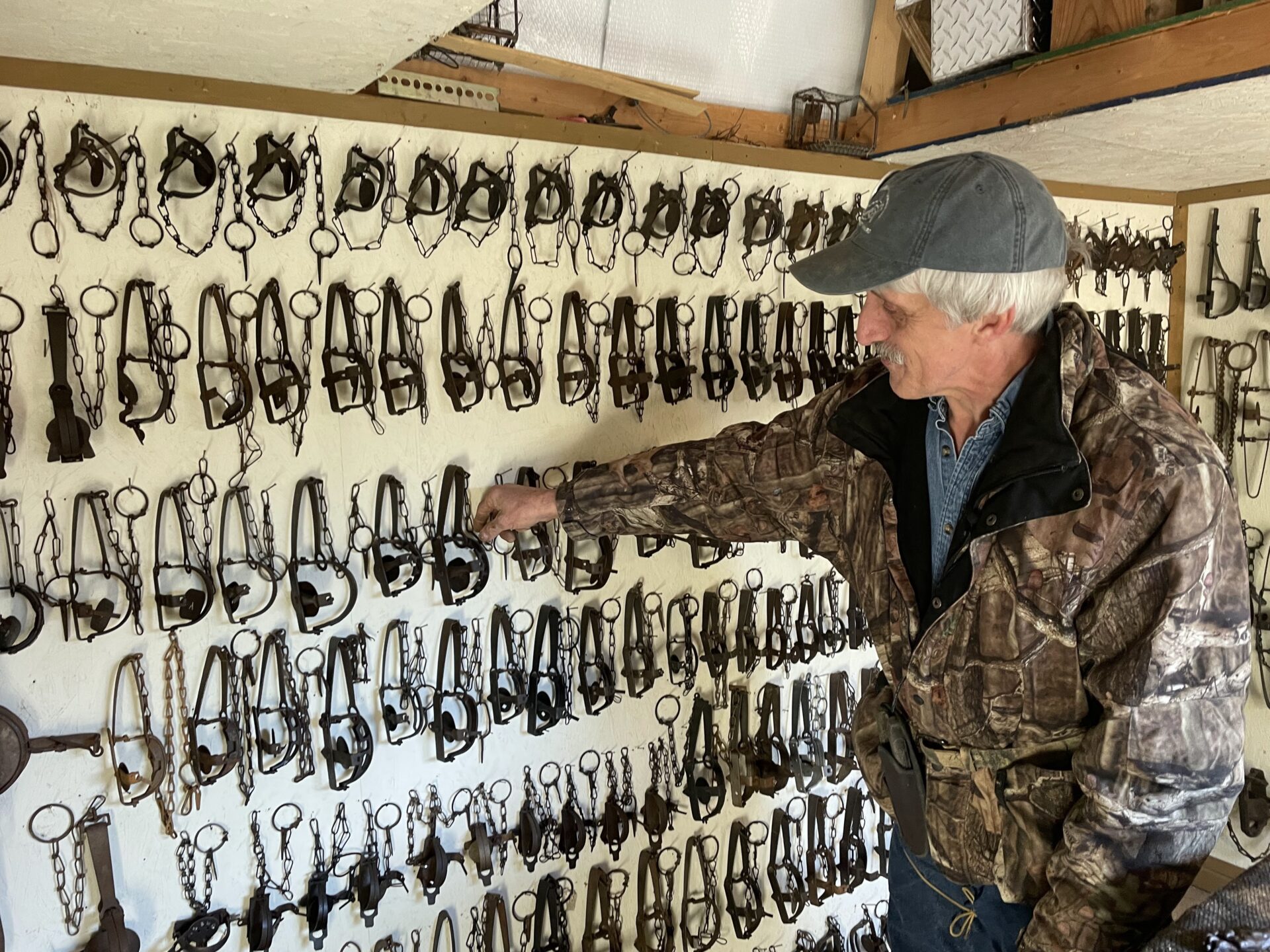This week, we visit with West Virginia trappers to learn about the fur trade in the 21st century.
We also meet a county fair champion who keeps racking up the blue ribbons and has released a cookbook of some of her favorites.
And we hear an update on the Mountain Valley Pipeline. Construction has begun again, but some people wonder if it’s even needed.
These stories and more this week, Inside Appalachia.
In This Episode:
- The West Virginia Fur Trade In The 21st Century
- Blue Ribbon-Winning Fair Food
- Cruising With Vintage Vehicles
- The Mountain Valley Pipeline Saga Continues
- Extended Family Pitching In To Care For Dementia Patients
The West Virginia Fur Trade In The 21st Century
Before coal or timber, the fur trade was one of Appalachia’s first industries.
Fur trapping flourished for centuries, made fortunes and led to wars and was still lucrative into the last few generations.
Now, most West Virginia fur trappers struggle to earn a living, but some have adapted or found new careers using their particular skills. Folkways Reporter Lauren Griffin brought us the story.
Blue Ribbon-Winning Fair Food
There’s nothing quite like the county fair, where you can pet a goat or get motion sick on the tilt-a-whirl.
A staple of county and state fairs are the annual craft competitions, where the hopeful vie for the coveted blue ribbon.
Few people have been as successful as Russell County, Virginia resident Linda Skeens, who has won hundreds of ribbons, become a social media sensation and released a cookbook featuring some of her winning recipes.
Producer Bill Lynch spoke with her about winning contests and collecting recipes.
Cruising With Vintage Vehicles
For over 50 years, in Roanoke, Virginia, on any given Friday night, you can see modified cars and trucks with neon lights, spinning rims and streamlined spoilers strutting from north to south and back again. And often — you’ll see old timey antique cars out there among them.
Host Mason Adams reported this story in 2020, about a family of mechanics who have spent years developing the skills to get those vintage cars just right.
The Mountain Valley Pipeline Saga Continues
We’ve reported on the Mountain Valley Pipeline for years. Completion of the pipeline has been held up because a federal court keeps throwing out its permits. The U.S. Supreme Court recently ruled to allow work to resume again. But some energy analysts question whether the pipeline is even needed.
WVPB’s Curtis Tate spoke with Suzanne Mattei of the Institute for Energy Economics and Financial Analysis.
Extended Family Pitching In To Care For Dementia Patients
Spouses or adult children typically care for people with dementia, but more and more extended family members are taking on that role. CareEx is a project at the Center for Gerontology at Virginia Tech that studies extended family caregivers in central Appalachia.
WVPB’s Eric Douglas spoke with project coordinator Brandy McCann about their work.
——
Our theme music is by Matt Jackfert. Other music this week was provided by the Carolina Chocolate Drops, Sturgill Simpson, Ron Mullennex, Mary Hott and Noam Pikelny.
Bill Lynch is our producer. Zander Aloi is our associate producer. Our executive producer is Eric Douglas. Kelley Libby is our editor. Our audio mixer is Patrick Stephens.
You can send us an email: InsideAppalachia@wvpublic.org.
You can find us on Instagram, Threads and Twitter @InAppalachia. Or here on Facebook.
Sign-up for the Inside Appalachia Newsletter!
Inside Appalachia is a production of West Virginia Public Broadcasting.
